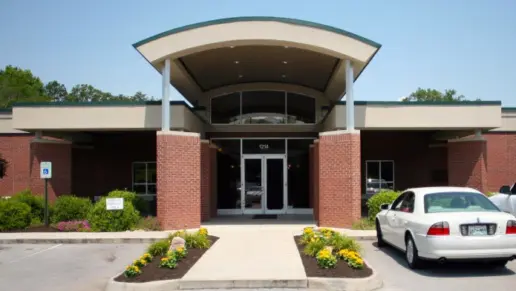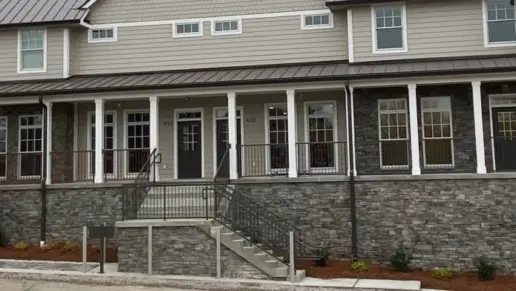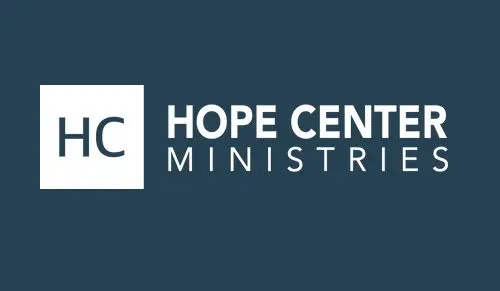About Embark Behavioral Health – Benton
Embark Behavioral Health – Benton in Benton, Tennessee, is an accredited residential mental and behavioral health treatment center and school. It’s based among the picturesque mountains of Tennessee. Support here is available to teen boys and young men. Flexible payment is available, and various insurance options are accepted.
The center’s unique developmental framework is designed to help residents heal and grow, all within the calming, therapeutic backdrop of Tennessee’s natural mountainous beauty. A structured daily schedule of mental and behavioral treatment is designed to provide a mixed bag of therapy, recreational activities, and schooling for a holistic recovery program. Support is also available for individuals engaging in high-risk behaviors like drug use, self-harm and addiction.
A typical daily routine at this center might include individual, group, or family counseling; outdoor experiences; exercise; and functional daily activities. The center really makes the most of its surroundings to incorporate the healing power of the great outdoors as much as possible, through activities like strength training, mountain biking, hiking, white water rafting, rock climbing, camping, soccer and basketball. In this way, residents can reconnect with nature, their physicality, and emotions as they integrate all the therapeutic work they’re doing.
Activities like mindfulness, arts and crafts, and journaling help consolidate this and encourage further self-awareness throughout the recovery process. Meanwhile, taking part in service projects, games, and regular outings fulfills social needs.
A range of therapy styles is offered here, including dialectical behavior therapy (DBT), trauma-focused cognitive behavioral therapy (TF-CBT), attachment-focused therapy, and brainspotting. Other experiential and recreational therapies offered include music therapy and equine therapy.
Facility Overview
Rehab Score
Gallery
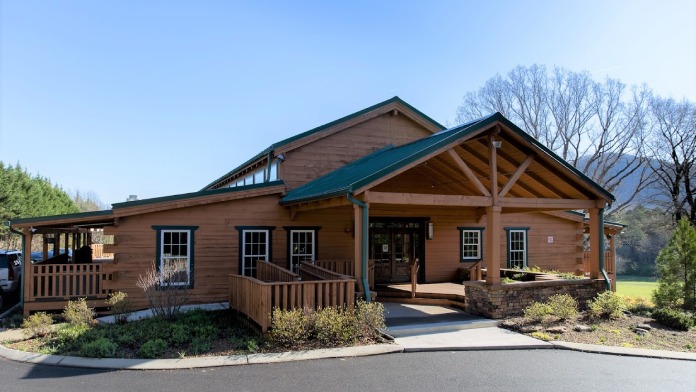
Location
Accepted Insurance
Other Forms of Payment
Private insurance refers to any kind of healthcare coverage that isn't from the state or federal government. This includes individual and family plans offered by an employer or purchased from the Insurance Marketplace. Every plan will have different requirements and out of pocket costs so be sure to get the full details before you start treatment.
Self-pay involves paying for treatment out of your own pocket. You can use savings or credit, get a personal loan, or receive help from family and friends to fund your treatment. If you don't have insurance or your insurance plan doesn't cover a specific program, self-pay can help ensure you still get the care you need.
Addiction Treatments
Levels of Care
Treatments
Mental health rehabs focus on helping individuals recover from mental illnesses like bipolar disorder, clinical depression, anxiety disorders, schizophrenia, and more. Mental health professionals at these facilities are trained to understand and treat mental health issues, both in individual and group settings.
Programs


Clinical Services
Typical cognitive behavioral therapy in Tennessee involves recognizing negative thinking and learning techniques to change that thinking and create new, positive behaviors. Strategies may include SMART goals, journaling, and situation exposure.
Counseling in Tennessee that takes a dialectical behavior therapy approach can last from six to 12 months. During that time, you'll develop skills in the areas of distress tolerance, mindfulness, emotional regulation, and interpersonal effectiveness.
Group therapy is any therapeutic work that happens in a group (not one-on-one). There are a number of different group therapy modalities, including support groups, experiential therapy, psycho-education, and more. Group therapy involves treatment as well as processing interaction between group members.
In individual therapy, a patient meets one-on-one with a trained psychologist or counselor. Therapy is a pivotal part of effective substance abuse treatment, as it often covers root causes of addiction, including challenges faced by the patient in their social, family, and work/school life.
Trauma therapy is a safe place to work through the lingering effects of traumatic events in your life. Your therapist will help you understand the physical and emotional responses that can develop after witnessing or experiencing a traumatic event. You then work toward developing healthier coping mechanisms to reduce your symptoms.
While engaged in couples therapy in Tennessee, you'll learn how to trust, communicate, forgive, and manage emotions. Developing these skills can be beneficial at any time during the relationship, but they are particularly crucial when facing life challenges.
Research clearly demonstrates that recovery is far more successful and sustainable when loved ones like family members participate in rehab and substance abuse treatment. Genetic factors may be at play when it comes to drug and alcohol addiction, as well as mental health issues. Family dynamics often play a critical role in addiction triggers, and if properly educated, family members can be a strong source of support when it comes to rehabilitation.
Life skills training teaches you how to cope with challenging situations in non destructive ways. This crucial piece of drug rehab in Tennessee gives you tools for decision making, relationship building, and self care.
Recreational therapy supports addiction recovery by giving you structured activities that promote physical and mental health. These help build a supportive network of your peers that promotes sobriety. Activities can include sports, creative arts, and outdoor adventures that help you reduce cravings, manage stress, and give you an emotional outlet.
Creative arts therapy can be integrated with other therapeutic methods during drug rehab in Tennessee. This treatment can provide unique experiences that allow you to better understand your feelings and experiences. Methods include music, art, dance, and writing therapy.
Experiential therapy is a form of therapy in which clients are encouraged to surface and work through subconscious issues by engaging in real-time experiences. Experiential therapy departs from traditional talk therapy by involving the body, and having clients engage in activities, movements, and physical and emotional expression. This can involve role-play or using props (which can include other people). Experiential therapy can help people process trauma, memories, and emotion quickly, deeply, and in a lasting fashion, leading to substantial and impactful healing.
Amenities
-
Gym
-
Yoga Studio
-
Residential Setting
-
Private Rooms
-
Hiking
-
Mountain Views
-
Gardens
-
Walking Trails
Staff & Accreditations
Staff
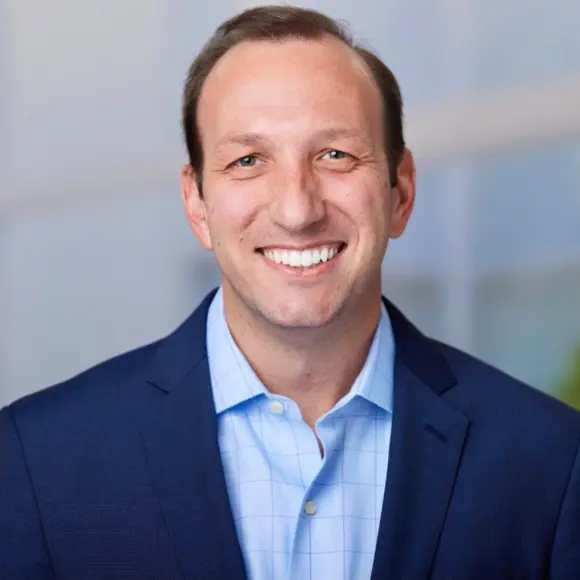
COO
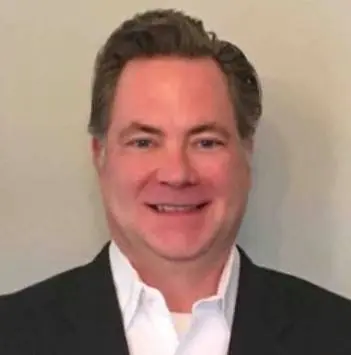
Division President, Embark Residential
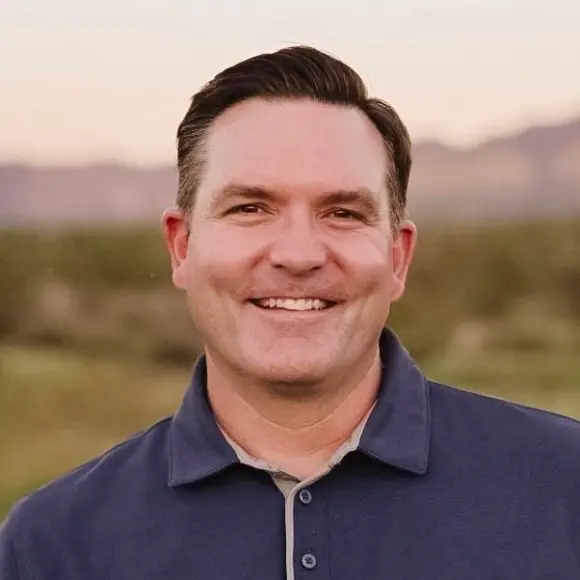
CFO
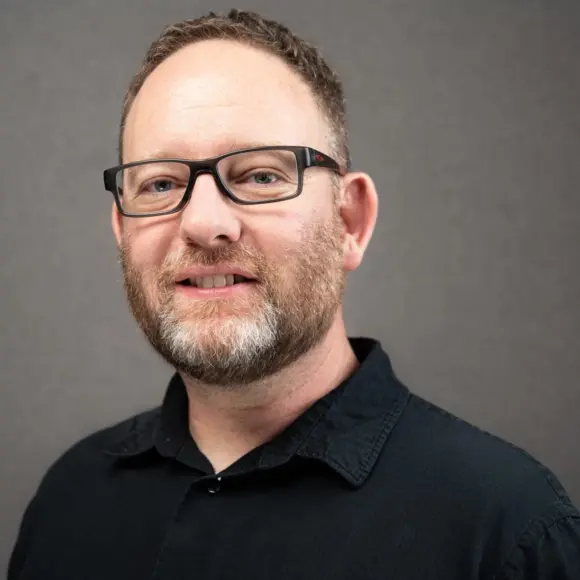
Executive Director

Clinical Director

Residential Director

Psychiatrist

Clinical Outreach Specialist
Accreditations

The Joint Commission, formerly known as JCAHO, is a nonprofit organization that accredits rehab organizations and programs. Founded in 1951, the Joint Commision's mission is to improve the quality of patient care and demonstrating the quality of patient care.
Joint Commission Accreditation: Yes
Contact Information
5842 TN-30
Benton, TN 37307





